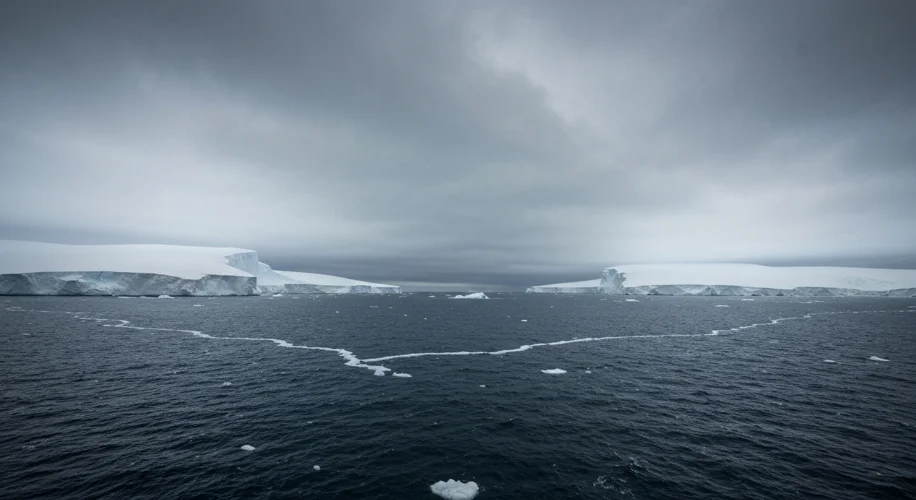Did you know that scientists are sounding the alarm about Antarctica? Recent reports, like one from DW, highlight that the rapid loss of ice on the continent could be a major climate tipping point. This isn’t just a distant problem; experts warn that abrupt changes in Antarctica could have “catastrophic consequences for generations.”
As a scientist who’s spent years looking at climate models, this news from Antarctica really hits home. We’re seeing emerging evidence of abrupt changes happening there, and it’s a stark reminder of how interconnected our planet’s systems are.
Antarctica is a massive continent, covered by an ice sheet that holds about 70% of the world’s freshwater. If all of that ice were to melt, global sea levels would rise by about 200 feet. While a complete melt is not something expected overnight, even small increases in melting can have significant impacts.
Why is this happening? The warming oceans and atmosphere are playing a big role. Warmer ocean water can melt ice shelves from below, weakening them and making them more susceptible to breaking apart. Warmer air temperatures also contribute to surface melting.
These abrupt shifts mean that changes might not happen gradually. Instead, we could see rapid and dramatic alterations in the Antarctic environment, and by extension, in global climate patterns and sea levels. This could affect coastal communities worldwide, weather systems, and ocean currents that influence climate far from the pole.
It’s easy to feel overwhelmed when we hear about things like this. But understanding the science is the first step. This is why I’m so passionate about sharing what’s happening – so we can all be informed and think about what it means for our future.
While the challenges are significant, it’s important to remember that science is constantly working to understand these complex systems better. Continued research and monitoring are crucial for predicting future changes and finding solutions. This is a complex issue, but knowledge is power, and I’m learning alongside you on this journey to understand our planet better.

